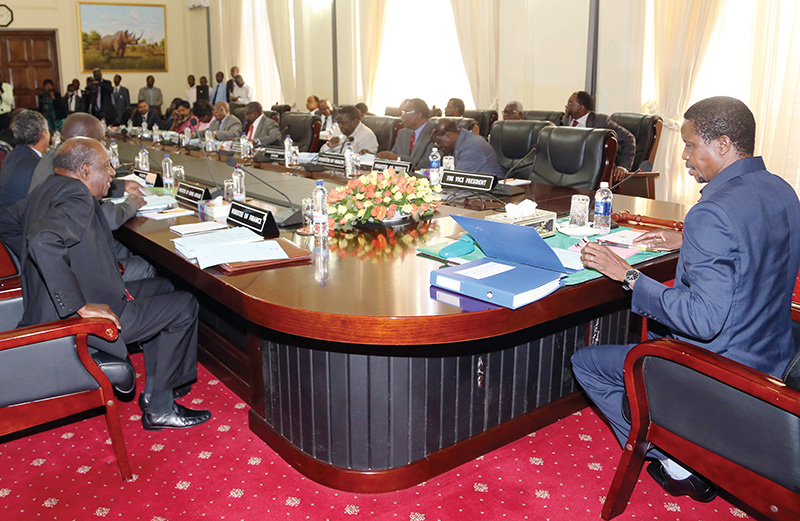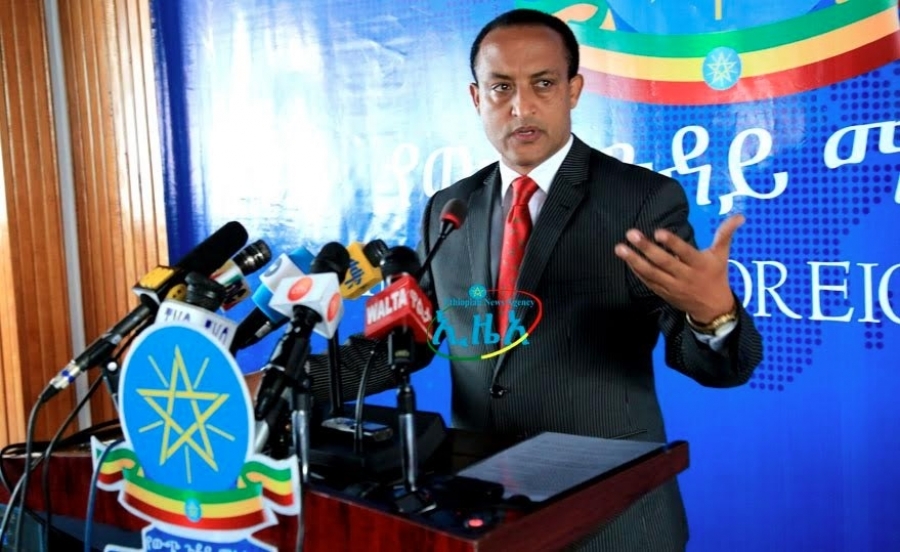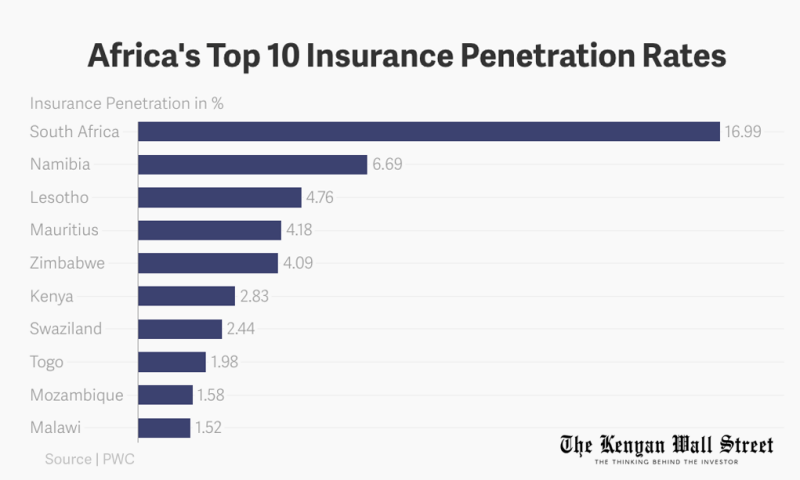From January 2020, Businesses in Zambia Will Start Paying Sales Tax On Goods And Services
Effective from January 2020, businesses in Zambia would no longer pay tax on goods and services supplied or imported into the country under the old Value Added Tax Act, but will now do so under the new Sales Tax. And this will come at an extra cost.
Here Is What You Need To Know About The New Sales Act
- The Sales Tax will replace the current Value Added Tax (VAT) Act.
- The Sales Tax Act will apply to the taxable supplies of good and services. Sales Tax will also apply to the taxable importation of goods and services into Zambia.
- The rate of tax is 9% for locally supplied goods and services and 16% for imported goods and services. The Minister is empowered to reduce the rate applicable to a taxable supply by Statutory Instrument.
- The Act retains most of the principles that applied under the VAT Act with respect to definitions of supplies, goods, and services. It also largely retains the definitions of time of supply and place of supply. As with the current VAT Act, the return filing deadline remains the 18th of each month.
Exemption
Under the Act, the following goods and services are exempted from sales tax:
- Capital goods
- Inputs
- Designated basic and essential goods or services
- Designated suppliers to privileged persons
- Exports
The Act also empowers the Minister to provide exemptions to Sales Tax by means of Statutory Instrument.

The Significance of The New Sales Tax To Zambian Businesses
This new Act is so significant for Zambian businesses because, under the old VAT system, consumers used to pay 16% regardless of the value chain. Under the Sales tax regime, the longer the value chain, the higher the tax paid.
Here Is An Example
Under the new sales tax regime, if a Zambian manufacturer imports raw materials from South Africa, for instance, he will pay 16% because from the new law, 16% is payable as sales tax on all goods imported into Zambia. However, when he/she sells to a wholesaler, 9% local sales tax will be levied on that sale. Again, when the wholesaler sells to a retailer, 9% will also be levied. Should the retailer also sell to the final consumer, 9% will also be charged as sales tax?
The implication of this is that Zambia’s final consumers — the farmer, villagers, informal sector worker — will be paying 41% tax instead of 16 % VAT previously the case. In the case of certain Zambian workers who are paying under Pay and As You Earn (PAYE) at the top rate of 35%, the total effective tax on their income would now be 76% without taking into account other levies.

The new sales tax has been criticized as being against the social, economic and political good of Zambians.
Zambian government desires to switch over to the new Sales Tax Act because according to the Finance Minister’s budget speech:
“VAT works better when you have an economy that has a strong manufacturing base. But we don’t have it! We are in constant refund and it cannot work now. We have to grow the manufacturing base because that is the sector that needs that support of a VAT refund. Right now, VAT is a subsidy and we are in austerity — we can’t afford subsidies. It is as simple as that.
The VAT system was introduced 23 years ago in 1995 to replace Sales Tax.
For Foreign Investors and Businesses
When the new Zambian Sales Tax Act comes into force in 2020, Zambia will be the only country in Southern African Development Community and possibly in the Common Market for Eastern and Southern Africa region to have a sales tax system and this may influence foreign investors in their decision to locate their companies. The country may likely be less competitive a destination for foreign investors compared to its neighbours.
Why 2020 Is The New Date And The Implication of This For Businesses
The new date for the Sales Tax Act, according to Zambia’s Finance Minister Bwalya Ng’andu is to allow for further refinement of the law.
Addressing parliament, Ng’andu said he was withdrawing the draft law and would re-introduce it in the next session in September, the ministry of finance said in a statement.
“This will allow for sufficient time to address the concerns in the Sales Tax Bill that stakeholders raised,” Ng’andu said.
Since being appointed last month, Ng’andu has sought to mend fences with the miners, with relations deteriorating following tax changes and an ownership dispute over Konkola Copper Mines.
Zambia’s mining industry fiercely opposes the tax.
Zambia is Africa’s second-largest copper producer.
Charles Rapulu Udoh

Charles Rapulu Udoh is a Lagos-based Lawyer with special focus on Business Law, Intellectual Property Rights, Entertainment and Technology Law. He is also an award-winning writer. Working for notable organizations so far has exposed him to some of industry best practices in business, finance strategies, law, dispute resolution, and data analytics both in Nigeria and across the world.








